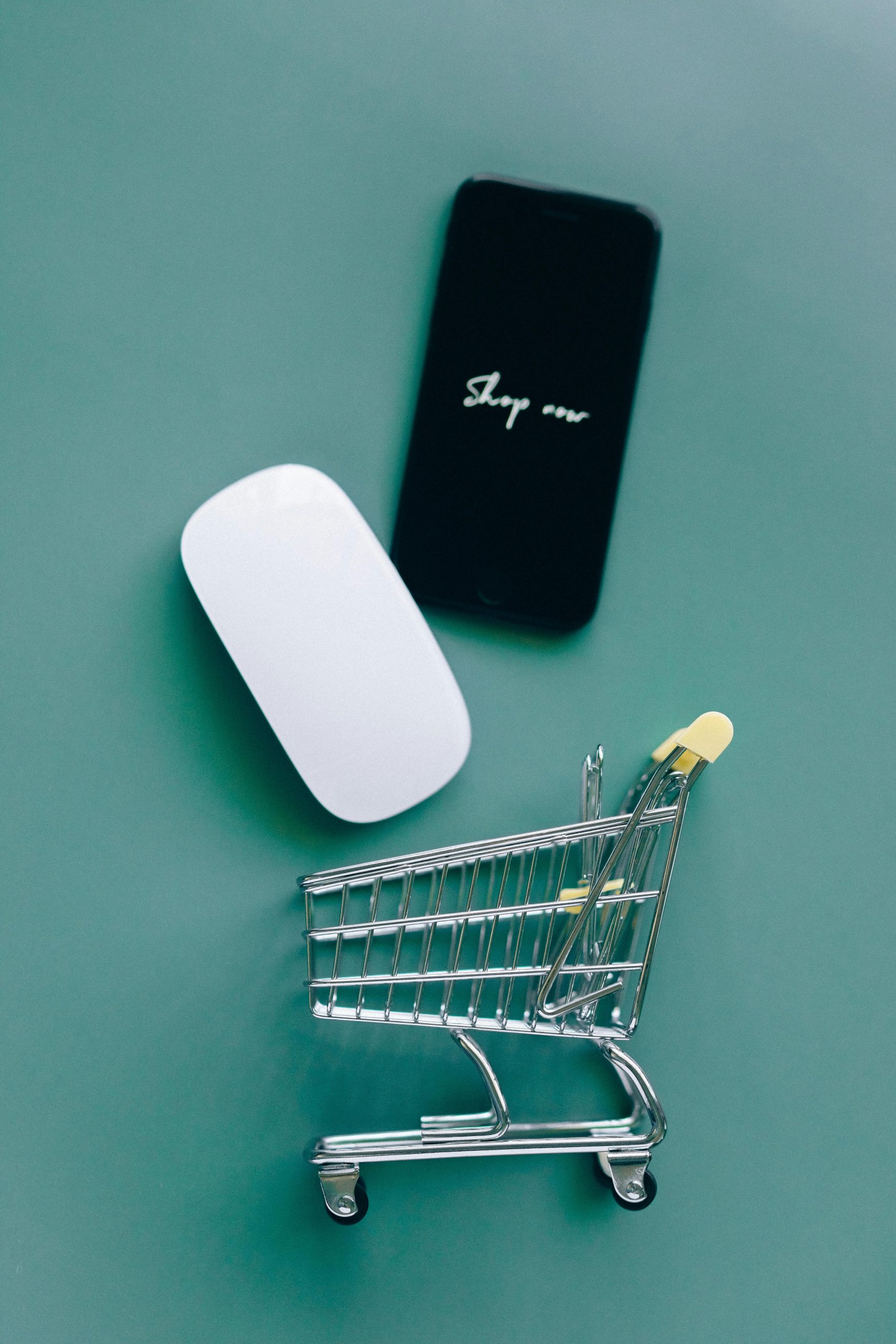The humble shopping cart is getting a major technological upgrade, and it is designed to do more than just hold your groceries. Retailers are now deploying “smart carts” equipped with a variety of sensors, cameras, and screens that track your every move and influence your spending habits. These add-ons provide valuable data for the store, but they also raise new questions about consumer privacy. As you navigate the aisles, these six shopping cart technologies are quietly tracking what you do.

1. Barcode Scanners and Onboard Cameras
The most visible feature of a smart cart, like the Amazon Dash Cart or the Caper Cart, is the built-in barcode scanner. This allows you to scan items as you place them in the cart, bypassing the traditional checkout line. The cart also uses a system of cameras and weight sensors to automatically detect items you add without scanning. This technology not only speeds up your trip but also creates a perfect digital record of everything you purchase.
2. Aisle Location Tracking
Modern smart carts know exactly where you are in the store at all times. They use a combination of Bluetooth beacons and computer vision to track your path through the aisles. This data is incredibly valuable to the retailer. It allows them to create “heat maps” of the store, showing which aisles are most popular and which displays are most effective at catching a shopper’s eye.
3. Personalized Ad Screens
Many smart carts feature a large screen that does more than just display your running total. As you push the cart down an aisle, this screen can show you personalized advertisements and promotions based on your location. For example, when you are in the soda aisle, it might display a coupon for a specific brand. This technology turns your cart into a mobile billboard designed to trigger impulse buys.
4. In-Cart Scales
Some of the newest smart carts, like those being tested by Kroger, include a built-in scale. This allows you to weigh your produce directly in the cart without having to go to a separate weighing station. While convenient, this feature also provides the store with precise data on your produce purchasing habits.
5. Anti-Theft Wheel Locks
Retailers have long used wheel-locking technology to prevent carts from being stolen from the parking lot. The modern version of this system is much more sophisticated. It is integrated with the cart’s other smart features, allowing a store to potentially lock the cart if it detects suspicious activity, such as a large number of unscanned items being placed inside.
6. Purchase History Integration
The smart cart system is often linked to your store loyalty account. When you sign in at the beginning of your trip, the cart’s screen can access your past purchase history. It can then use this data to remind you of items you frequently buy or to suggest new products that are similar to your previous purchases. This creates a highly personalized but also highly tracked shopping experience.
The Future of Shopping
The rise of the smart shopping cart represents a major shift in the retail experience. It offers a new level of convenience by eliminating the checkout line, but it comes at the cost of your privacy. These technologies turn your every movement and decision in the store into a data point that the retailer can use to optimize its sales strategies. As this trend continues, the simple act of grocery shopping will become a much more interactive and tracked activity.
Have you ever used a smart shopping cart? Do you think the convenience is worth the loss of privacy? Share your thoughts on this new technology!
Read More
Should We Be Rewarding People Who Return Their Grocery Carts?
9 Lobbying Groups That Influence What Ends Up In Your Grocery Cart
The post 6 Shopping Cart Add-Ons That Track Your Habits appeared first on Grocery Coupon Guide.







